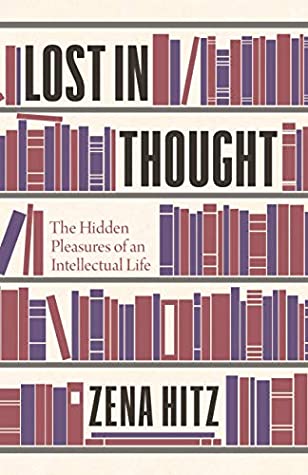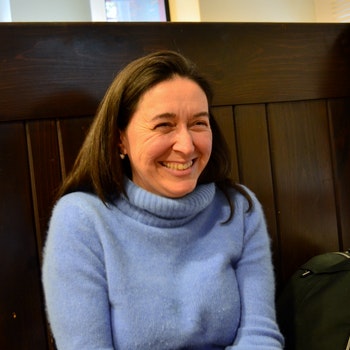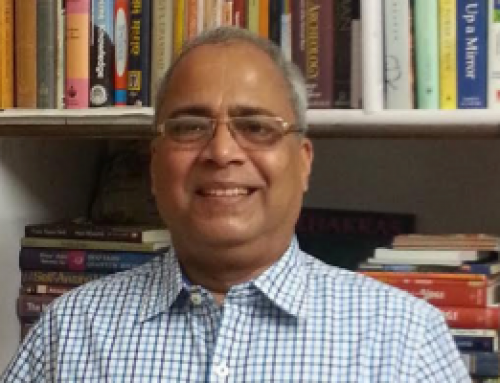Dear member,
 I recently reviewed a fascinating and important book by Zena Hitz entitled Lost in Thought: The Hidden Pleasures of an Intellectual Life. Of particular interest to the Galileo Commission is a section on ‘opinionised universities’ where the author writes that: ‘if intellectual life essentially involves a reaching out past the surface, questioning of appearances, a longing for more than is evident, then it has next to nothing to do with what is commonly called “knowledge”– the absorption of correct opinions. And yet correct opinions are what our contemporary intellectual institutions traffic in: correct opinions about literature, or history, or science, or mathematics.’
I recently reviewed a fascinating and important book by Zena Hitz entitled Lost in Thought: The Hidden Pleasures of an Intellectual Life. Of particular interest to the Galileo Commission is a section on ‘opinionised universities’ where the author writes that: ‘if intellectual life essentially involves a reaching out past the surface, questioning of appearances, a longing for more than is evident, then it has next to nothing to do with what is commonly called “knowledge”– the absorption of correct opinions. And yet correct opinions are what our contemporary intellectual institutions traffic in: correct opinions about literature, or history, or science, or mathematics.’ Later, she writes that ‘education seeks primarily social and political results rather than the cultivation of free, thoughtful human beings.’ She continues: ‘Opinions rarely change…opinions are fixed in place by a network of socially directed impulses of fear and ambition. We change our minds when we change our clique, our social circle. At the level of opinion, our reasoning powers operate backwards to justify predetermined choices. Our social world is our intellectual comfort zone.’ Such peer pressures are a fundamental challenge to an independent intellectual and spiritual life, but our very humanity depends on cultivating inwardness, inner space and freedom – which this book so eloquently upholds.
Later, she writes that ‘education seeks primarily social and political results rather than the cultivation of free, thoughtful human beings.’ She continues: ‘Opinions rarely change…opinions are fixed in place by a network of socially directed impulses of fear and ambition. We change our minds when we change our clique, our social circle. At the level of opinion, our reasoning powers operate backwards to justify predetermined choices. Our social world is our intellectual comfort zone.’ Such peer pressures are a fundamental challenge to an independent intellectual and spiritual life, but our very humanity depends on cultivating inwardness, inner space and freedom – which this book so eloquently upholds.We are only too familiar with the pressure applied by ‘correct opinions’, and it is central to the work of the Galileo Commission to question and expand the basis of such received opinions and one recalls in this context the Platonic distinction between knowledge and opinion. We will be addressing this and other important issues at the European symposium we are planning over the weekend of 2-4 October in Epidauros, Greece – we will shortly write with further details, but do mark the date in your diary if you think you might be able to attend in person. We are also planning a daily online reflection and review.


